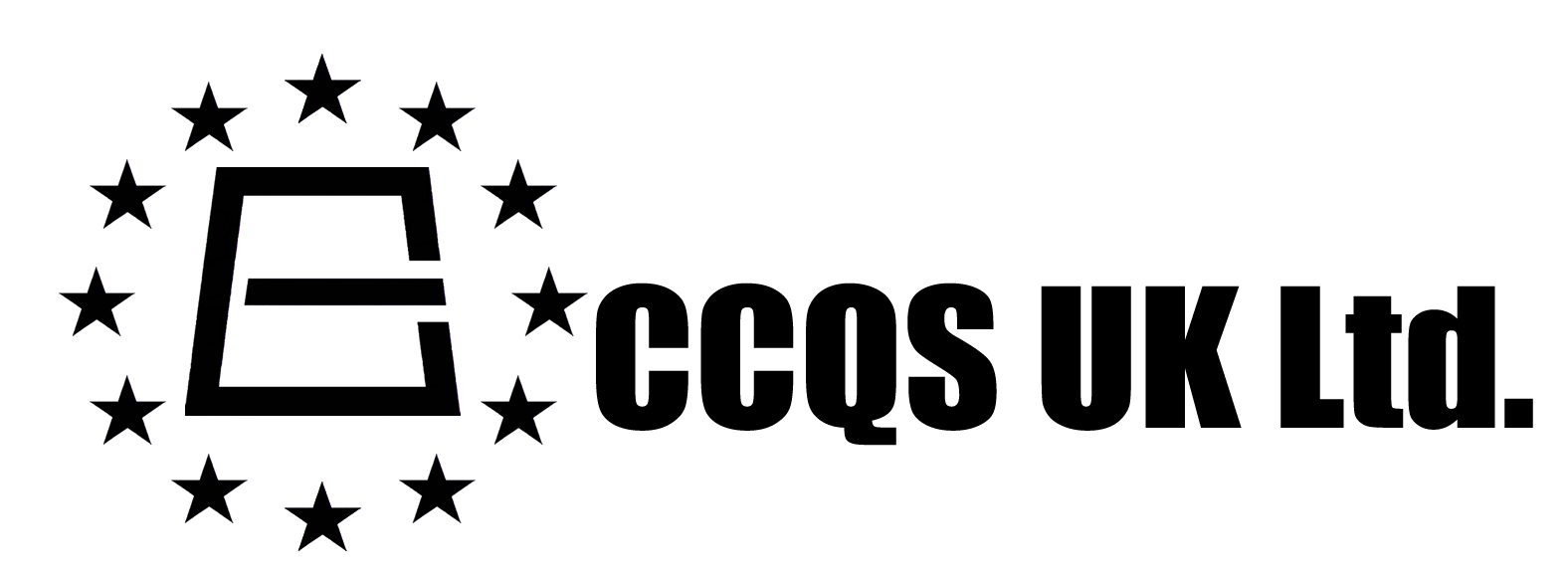Frequently Asked Questions
* I am pretty happy with the level of safety in my theatre. Why do I need an external inspection?* Why is it important to use an accredited inspection body?
* Is theatre machinery covered by CE marking and in particular Machinery Directive?
* Are theatre staff covered by any special legislation?
* Do I need third party certification for any of my equipment?
* Is it necessary for an external organisation to make my LOLER inspections?
* How do the British standards for stage equipment BS 7905 and BS 7906 relate to CE marking and EN standards?
* Why are risk assessments important?
